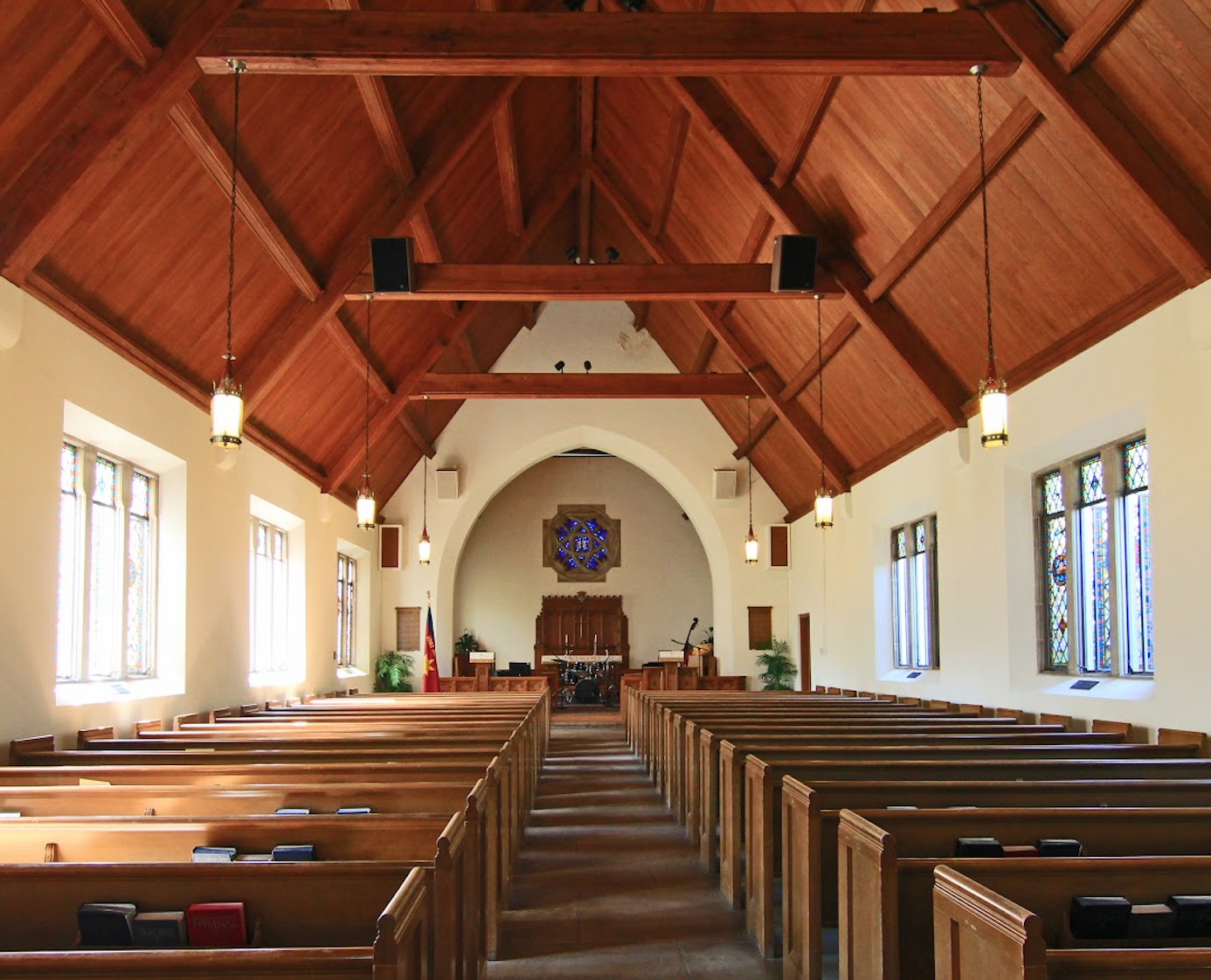Ways to Gather

This reflection speaks to the church, but hopefully is of interest also to secular humanists.
I was walking along a path outside Swift Hall at the U. of Chicago Divinity school, talking theology with my dissertation advisor. My thesis attempted to comprehend the sense of both the presence and the absence of God in the modern mind. To this end, I compared the 19th century theologian Friedrich Schleiermacher, Karl Barth of the 20th c, and Dietrich Bonhoeffer, quite possibly the only of the three recognized by the public today. Oddly enough, we weren’t talking about any of these three, but about Paul Tillich, whom my advisor thought would be the theologian of the future because he was keenly attuned to modern sensibilities. Tillich wrote brilliantly of what he called correlation, which meant using insight from theology to answer questions posed by secular philosophy, thereby relating religious thought to everyday life. On the other hand, Barth was convinced that theology was the subject matter of Christian church dogmatics and not secular thought, while Scheiermacher believed that everyone, religious or not, had a God-consciousness, the essence of which was the feeling of being absolutely dependent on some transcendent reality. Lastly, toward the end of his life and while in Nazi prison, Bonhoeffer slowly came to the conclusion that most people were becoming less and less concerned about God at all, much less having a God-consciousness, and cared nothing about church dogmatic theology or some sort of correlation.
History has proven what Bonhoeffer suspected. Every successive generation in the West is less religious than the previous. Mainline Protestant denominations see membership in a steady decline, such that their numbers will reach zero in 23 years. It used to be thought that the fundamentalist churches escaped this bad news, but even the Southern Baptists lost a million of the faithful in the last decade, and the Catholic church fared no better. Poll after poll reveals that more and more of us, especially young people, have lost interest in religion and, most recently, in any sort of spirituality as well. It may be that Scheiermacher was right and that we all have some consciousness of God and it may be that existential ponderings and theological understandings can be correlated a la Tillich. It is certainly true that the church must continually re-think its own understanding of God, as Barth would have it do. But the question remains: is there more that the church could and should be doing, not only for its own sake but also for the sake of planetary peace, justice and harmony?
The answer is yes. Even if modern humanity has no interest in God, it inescapably has existential interest in itself. We do wonder about the meaning of life. About our own egocentricity. About that which makes us smile. About how we love one another. In other words, caring people care about themselves and about one another and the planet, with or without any talk about a god. Through the years, the church has spent lots of time talking about matters other than God, matters that deal with being a loving and caring person. In fact, when you think about it, most of Jesus’ teaching and activity concerns people caring and sharing with one another, not belief in God. Given the trend of society toward secularism, and given the fact that we all share a common and searching humanity, is there anything new that the church can do that would better the planet?
I think there is, and the answer lies in creating two parallel gatherings. In this scenario, on the one hand, the local congregation continues to gather in the traditional fashion, with its order of worship, Bible reading, prayer, music, reflection, etc, albeit hopefully with a new theology. In this context, the members study, learn, act in society, and care for one another. On the other hand is a gathering that has no reference to God whatsoever. In the online journal Progressing Spirit I recently published an article of mine in which I try to envision what such a gathering might look like.
“In the first place, the weekly gathering, perhaps still on Sunday, would be a gathering of folks concerned about the deep issues of life. It would not be limited to adherents of any one religion, or religion at all, but would be open to any and all who choose to sound the depths of their own humanity with others who do the same. At different gatherings, the speaker of the day might be a Christian, a Jew, an atheist, a Muslim, or whatever, who would offer a perspective on the meaning of life, including reference to God, or not. If that person were a Christian, the narrative could be about the life and teaching of Jesus and could include the concept of an incarnate God, or not. Because of the variety of persons present, there will be no prayer either petitioning or thanking God. Everyone is free, of course, to speak their mind about self and God, but without imposition on any other. There will be silence. There will be music. There will be food and drink. There will be joy, fun and happiness. There will be whatever that gathering, with its particular mixture of persons, decides to do. (edited)”.
Of course, such a gathering need not arise within the context of the local congregation, but why not? Jesus had some pretty good ideas about how to live a loving and fulfilling life, and that is what this gathering would be all about.
The proposal, therefore, is that the church help to create a new type of gathering parallel to and independent of the existing congregation. The one would be deliberately based on the life and teaching of Jesus, the other based on the shared dimensions of our common humanity. It could very well be that a member of the first would also be a member of the second. The world strives for a model of what it means to be loving community, and the church has resources to offer such a vision. Who knows what might emerge?
Dr. Carl Krieg received his BA from Dartmouth College, MDiv from Union Theological Seminary in NYC and PhD from the University of Chicago Divinity School. He is the author of What to Believe? the Questions of Christian Faith and The Void and the Vision. As professor and pastor, Dr. Krieg has taught innumerable classes and led many discussion groups. He lives with his wife Margaret in Norwich, VT.

